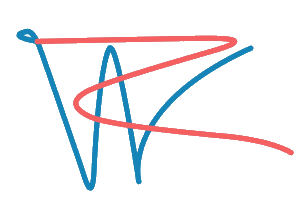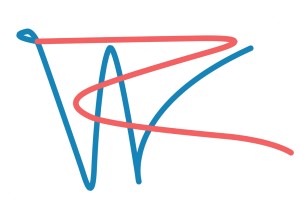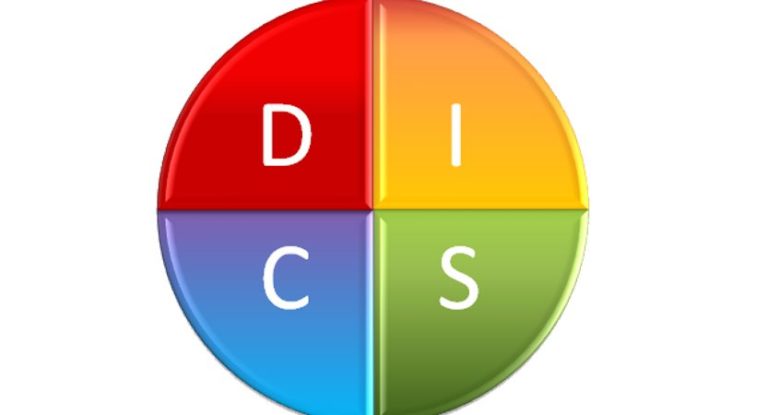How do you feel when someone begins his/her reply to you with: “Yes, but…”?
Whatever the chit-chat, the meeting or the negotiation you are involved in, you may have found out that a main part of your interlocutor message often begins after BUT”.
Let’s review some quick examples!
Compare:
“We are having a fantastic day but it is rainy” Vs “It is rainy but we are having a fantastic day together”.
Do you think both speeches have the same impact on the person you speak to? Which one do you prefer?
Negative kind:
“The party was fantastic: great place, nice people, good vibes and pretty good music but Adrian hadn’t shown up.”
“The margin may reach XX % this year but it won’t differ so greatly from last year’s margins.”
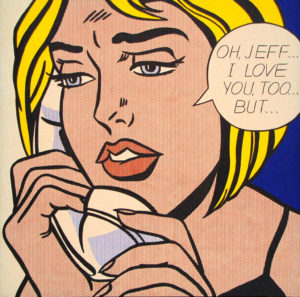
Positive kind:
“Our excursion in the countryside was canceled by the gloomy weather and Jane was in a bad mood but Adrian showed up and he made our day!
“The annual report confirms the negative impact of the fall in production on the annual turnover but it signals as well that the restructuring program will raise the capacity of the operating department to function more effectively and systematically in the coming year.”
But and the contrasting adverbs
But is a coordinating conjunction that mainly marks opposition and/or restriction.
In most cases, you use but, and adverbs such as nevertheless, however, etc. to introduce a statement that contrasts with or seems to contradict something that has been said previously. Using those contrasting marks may instantaneously override what has just been said (by yourself or your vis-à-vis). This situation leads to a high risk of frustrating the receptor and putting him/her on the defensive. Moreover, overusing those contrasting marks divert the audience attention from the message. They appear as verbal tics in your language structure, as small redundant and parasite words breaking the communication down.
Yes but as a compensation technique
In sales, “Yes, but…” is sometimes called a compensation technique. Be aware that its use remains tricky!
To me, but should be used sparingly and in any case followed by something POSITIVE ONLY!
- We have lost but what a good game and very good fun!
“Yes, and” Vs “Yes, but”

Many practitioners recommend the use of “YES, AND” to enhance iterative and collaborative interactions. To make it clearer, let’s add the implied validation RIGHT in between or other terms designed to emulate empathy such as I see, I understand your point, that’s good, that’s a valid concern…: YES, RIGHT, AND…
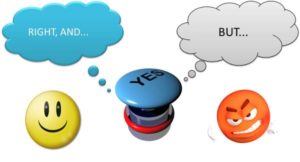
- John: “We have won the game.”
- Mary: “Yes, that’s good, and where do you stand in the ranking now?”
- John: “We rank in second position”
- Mary: “Ho, that’s great, and how many points separate you from the leader?”
- John: “Two points.”
- Mary: “Come on Guys!”
Eliminating controversial practices from your daily communication habits is a tough job sometimes, nevertheless ;), it is a great path in your ways through to positive interactions and relationships!
Have a good one!
References for further reading
To change your mind set
Jeffrey GITOMER’S. Little Gold Book of Yes! Attitude. https://www.youtube.com/watch?v=FY7P18FrGiI
In this little book, Jeffrey gently brainwashes you to reformulate your speeches in a positive format (even if you mean NO).
To go further with “Yes and” Vs “Yes but”:
https://medium.com/@haydmills/be-a-yes-and-kind-of-team-member-when-brainstorming-new-ideas-1f8807b2b0c3
http://www.iskme.org/our-ideas/call-and-response-sound-collaboration
http://liminalcoaching.com/2017/08/01/yes-and-vs-yes-but/
https://www.slideshare.net/JamesSandfield1/no-but-yes-and
http://www.intelligentconversations.com/blog/ceo-sales-guide/bid/101846/Handling-Sales-Objections-with-Yes-and-Instead-Of-Yes-but
To get out of the “Yes, but…” rut:
https://wisdomheart.com/yes-but-rut
Interesting counter example
Interesting writer point of view
You’ll find many more inspiring articles online.
